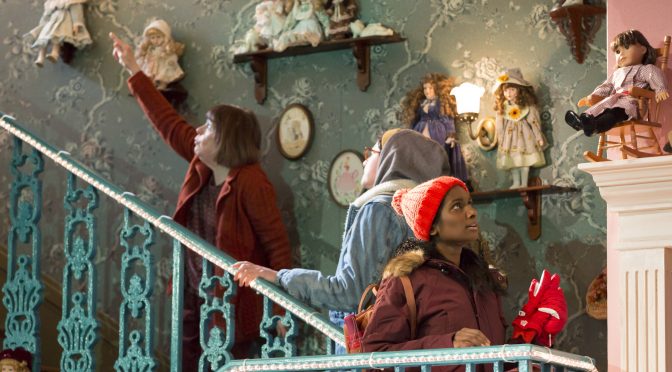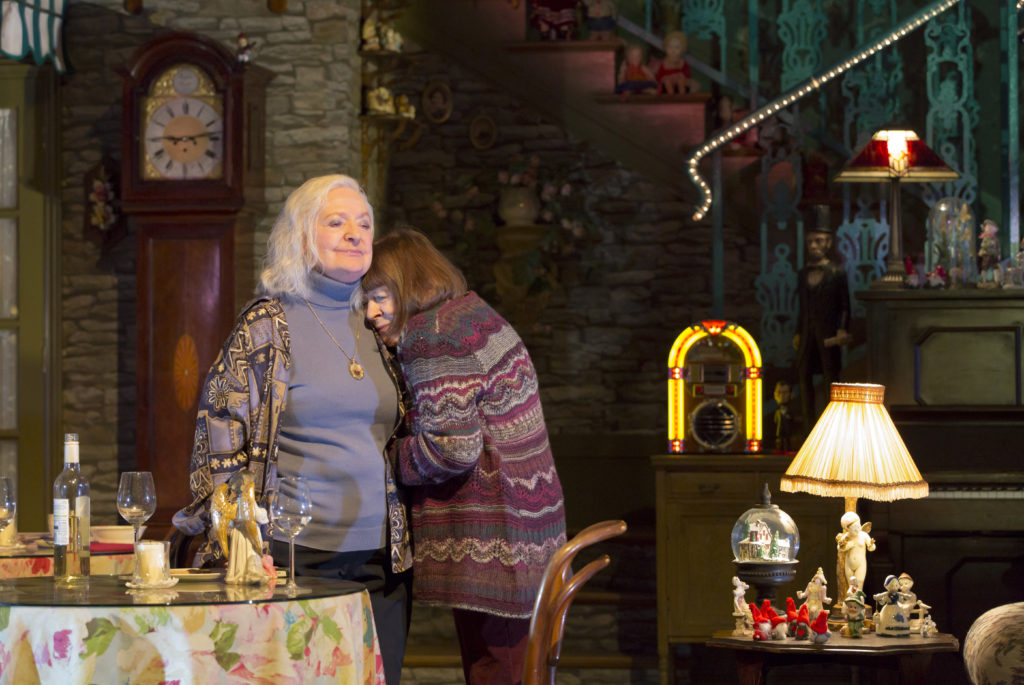Annie Baker’s new play might be the quietest you’ll ever see in a theatre… which has an appeal. Six characters sit around on sun-loungers talking. They come and go a little. They are silent a lot of the time. And they never raise their voices.
The women, and one man, are on a fasting retreat, with aims that vary from miracle cures to managing chronic pain. But nothing really happens. There’s an obsession with medical language that Baker makes magically poetic. Yet we learn surprisingly little about this taciturn lot.
Time is punctuated by announcements from Sofi, whose struggle and story is our focus. As she becomes weaker from not eating (suffering is part of the procedure, of course) there are surreal touches: some smart, some funny. But even oddity isn’t overplayed by Baker.
Credit to director James Macdonald, who tackles the piece with steely nerve – so much silence! Is it hard to handle… or even stay awake? And what to do as a performer? The cast is calm and in control. Christina Kirk has it comparatively easy as Sofi; we get to hear plenty of her troubles – and fantasies – through tortured late-night phone calls. The rest – Marylouise Burke, Mia Katigbak, Kristine Nielsen, Brenda Pressley and Pete Simpson – all impress with close work. But the restraints imposed on them are the key. These are glimpses at lives. Baker’s dialogue is accomplished, but they characters aren’t close to each other and we aren’t allowed close to them either.
There’s a point to all the reserve. While Infinite Life is austere, the play is also philosophically rich. The question of other minds is brought into focus by it all and by discussions of pain. The extreme treatment volunteered for would please a Stoic, but it makes those undergoing it lose touch with reality. And don’t forget denial can be indulgent. Talk of souls becomes explicitly linked with religion, energy and flux. All this on an empty stomach.
It’s hard to fault the play’s originality – the production is intelligent and brave. But Infinite Life is hard work. Lots of plays tackle philosophy – and Baker is good at it – but you do have to be in the market for metaphysics to buy this one. I’m just glad I had an overpriced sandwich beforehand.
Until 13 January 2024
Photo by Marc Brenner



